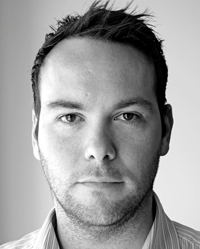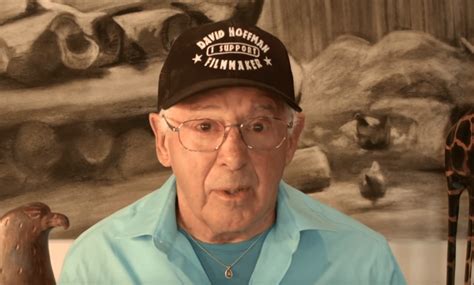A Quote by Dana Brunetti
How we get power, how cars are powered, when the technology and resources to have something that is infinitely better, we still use old-school technology. We're still using that same exact structure.
Related Quotes
You can't just stop technological progress. Even if one country stops researching artificial intelligence, some other countries will continue to do it. The real question is what to do with the technology. You can use exactly the same technology for very different social and political purposes. So I think people shouldn't be focused on the question of how to stop technological progress because this is impossible. Instead the question should be what kind of usage to make of the new technology. And here we still have quite a lot of power to influence the direction it's taking.
Computers are still technology because we are still wrestling with it: it's still being invented; we're still trying to work out how it works. There's a world of game interaction to come that you or I wouldn't recognise. It's time for the machines to disappear. The computer's got to disappear into all of the things we use.
I'm not a big believer in revolutions. What people call revolutions in technology were more of a shift in perception - from big machines to PC's (the technology just evolved, fairly slowly at that), and from PC's to the internet. The next "revolution" is going to be the same thing - not about the technology itself being revolutionary, but a shift in how you look at it and how you use it.
In fact, the same difficulties faced by Reagan in the 1980-s are still there [in the beginning of 21 century]: how do you hit a bullet with a bullet? The technology is getting better, but it still is focused on one interceptor knocking down one missile. In war, there would be many more challenges, more chaos, more uncertainty.



































